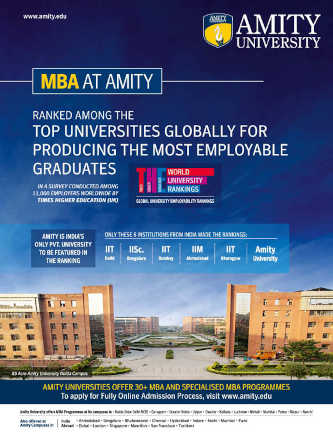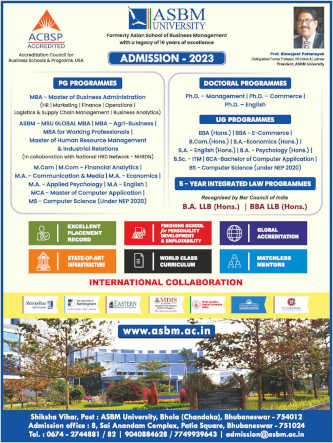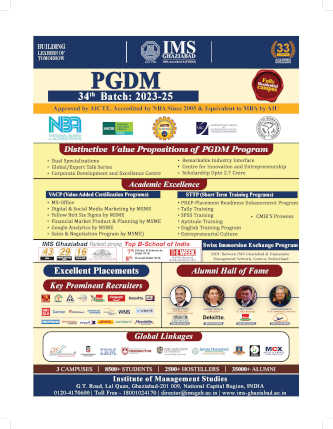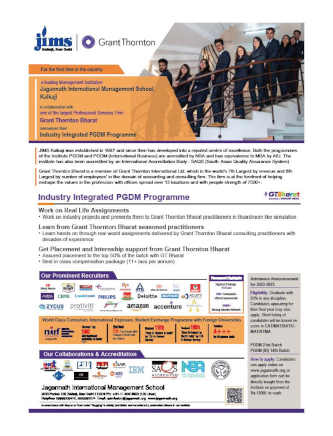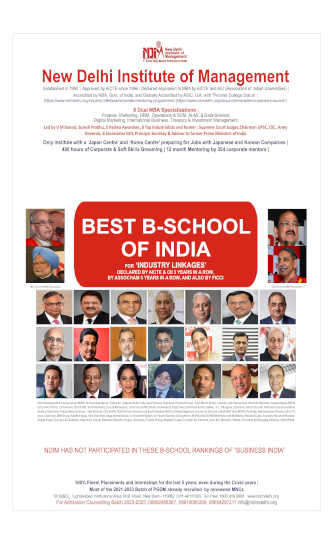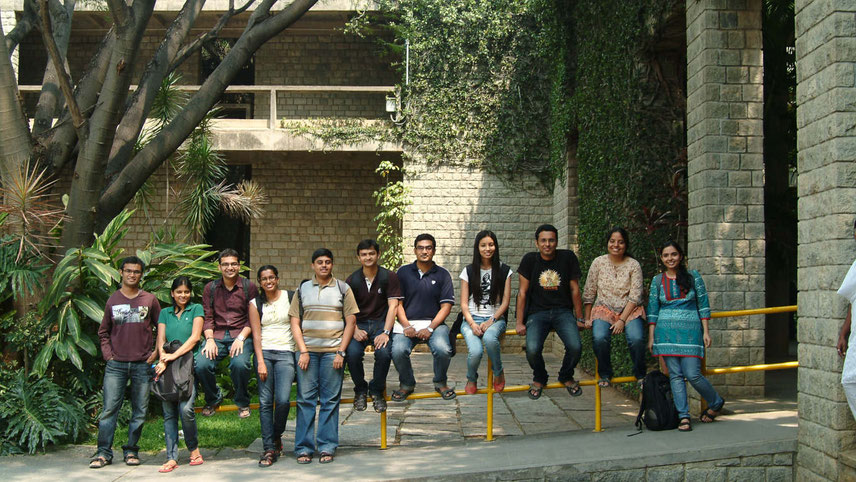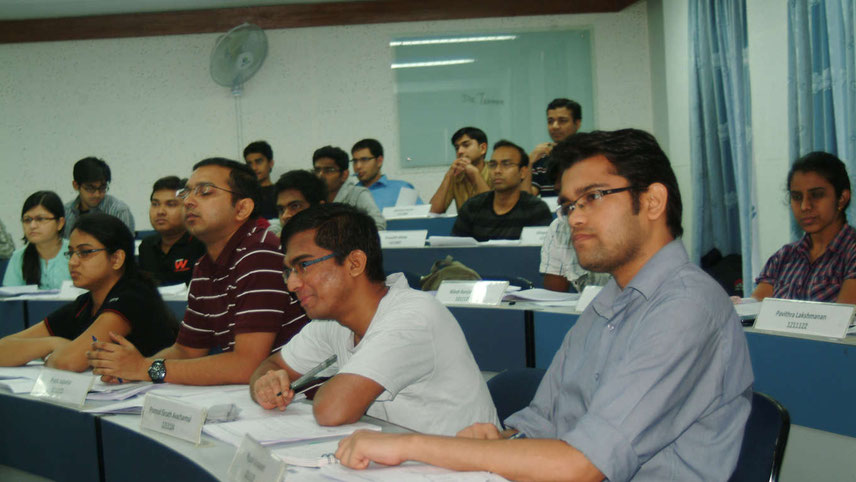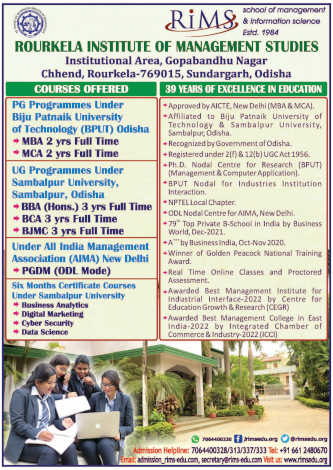
On a hot summer day in July 2019, I stood in front of more than 400 students in the cavernous combined classrooms quaintly labeled Lake Veeranam and Lake Manasarovar, addressing them as the new Dean of Great Lakes Institute of Management, Chennai. It was an onerous responsibility, as I was filling the shoes of a giant, a larger-than-life personality who was instrumental in the start of several reputed business schools in the country including MDI Gurgaon and the ISB, namely, Padma Shri Dr. Bala Balachandran, a renowned academic from Kellogg School of Management.
I spoke about my vision to transform Great Lakes into an institution at the forefront of knowledge creation rather than merely knowledge dissemination. I spoke about how business education was at a crossroads, with several schools around the world facing the challenges of commodification due to the sameness of curriculum, and worse, the sameness of thought. I emphasised the need for agility and flexibility to remain relevant in a world that was changing rapidly, and for students to be prepared to adapt themselves to these changes by continuous learning.
Little did I know that these words would ring truer than ever before in just the space of a few months. The pandemic has challenged every belief, every assumption we hold to be true about business, and perhaps about life in general. Every business around the world has been impacted by the crisis. Many were coasting along on a pathway lined with gold, secure in their beliefs about the infallibility of their business models and the power conferred by incumbency. When the pandemic swept through the world, several organisations were forced to question these beliefs, not at a time of their choosing as would be the case in a planned transformation, but rather abruptly, without warning, and certainly without any opportunity for planning. Companies such as Facebook, Microsoft, Twitter, Apple, and Google announced that they would move to a Work from Home policy for the whole of 2020 and into 2021, with Twitter going one step further and preparing for a future where several of its employees could be working permanently from home. Closer home, TCS also took proactive action in announcing a long-term work from home policy. Meanwhile, the pandemic also disrupted supply chains, causing widespread impact on operations for many businesses. There was a real and tangible financial impact and more importantly, the crisis raised several fundamental questions about the assumptions being made about the nature of business.



